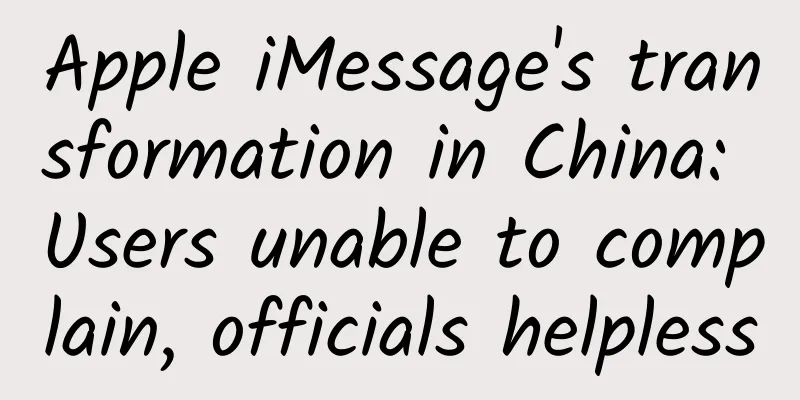Some Alphabet subsidiaries may return to China in advance

|
According to foreign media reports, Google co-founder Sergey Brin recently hinted that after the reorganization into the holding parent company Alphabet, some of its subsidiaries' businesses will be able to freely return to the Chinese market. Brin said, "Although the Chinese market is very difficult for us and the company has withdrawn from the mainland China market, we already have a lot of business in the Chinese market." He said that each subsidiary of Alphabet can independently decide in which country to conduct business. Although Google does not currently provide services to the mainland China market, it is selling advertisements to Chinese companies. The Wall Street Journal reported last month that Google is working with relevant Chinese authorities to consider launching an Android app store in the mainland China market. Google withdrew from the mainland China market in 2010 and moved its search services to Hong Kong, China. At that time, Brin was also in charge of part of Google's operations. In recent years, Brin has gradually withdrawn from Google's daily operations. After the reorganization, Sundar Pichai was promoted to Google's CEO. Pichai's style is more practical and he has publicly stated that Google is very interested in doing business in mainland China. In August this year, Google reorganized into Alphabet Holdings. After the reorganization, the company's core businesses, such as search, YouTube and Android, formed the new Google. Including smart home business Nest, Internet service Fiber, health company Google Life Sciences, and driverless cars, drones and other businesses, they have been separated from the main business. Brin is currently the president of Alphabet and the head of Google X. Brin made the above remarks at an event held on Wednesday for Project Loon, a high-speed Internet access service for hot air balloons. He also said that China is currently one of the countries interested in expanding Internet coverage through hot air balloon technology. After the reorganization into Alphabet, Project Loon will be able to establish partnerships with more telecom operators. He said, "Project Loon executives no longer need to worry about the operating system of users' mobile phones, nor do they need to worry about whether operators have a good partnership with Google. They are no longer bound by complex relationships, which is more conducive to the development of Project Loon." |
>>: Google's new strategy - Chrome and Android merge into one
Recommend
Tips for choosing keywords for bidding promotion!
How to choose keywords for bidding promotion ? Wh...
After the COVID-19 test turns negative, should we replace toothbrushes, lipsticks and other daily necessities? The December scientific rumor list is released. Let's hear what the experts say.
1. "After the COVID-19 test turns negative, ...
Over 1 billion monthly active users! Check out the advertising in Moments!
On March 21, 2018, Tencent announced its fourth q...
The mystery of the extinction of this distant relative of humans has been solved. The answer is that they didn't eat well | Expo Daily
The mystery of the extinction of this distant rel...
Beichen Asia Market: Analysis of Beijing Automobile Market in May 2023
New car transactions In May , Beijing's new c...
About domestic programmers climbing over the firewall
[[226521]] I originally had no inclination to dis...
Clearing the charts six times throughout the year is useless. How are you, App Store?
Although the App Store has always been a battlegr...
Programmer, the dream and the reality of earning 30K a month, which one would you choose?
It has been exactly four years since I graduated....
Apple joins Facebook's Open Computing Program to help build open hardware and data center architecture
[[129394]] The news about Apple's newly launc...
Swedish suspense drama "Bron" Season 1-4 HD Chinese subtitles without watermark
Introduction Bron is a thriller crime suspense TV...
Mr. K's Grid System Guide: How to Design Fast and Easily
Course catalog: ├──Video| ├──01 Why is the typeset...
The rise of Asian power at CES has Americans worried
[[125612]] Although Las Vegas is a tourist city, ...
Information flow ads with high click-through rates cannot do without these 3 points!
With limited text and pictures, how to attract us...
Is there anything that computers can't do? Generate true random numbers. Computers don't roll dice.
In today's world, computers are indispensable...
Who are the users of search engines?
The users of search engines are people who search...









